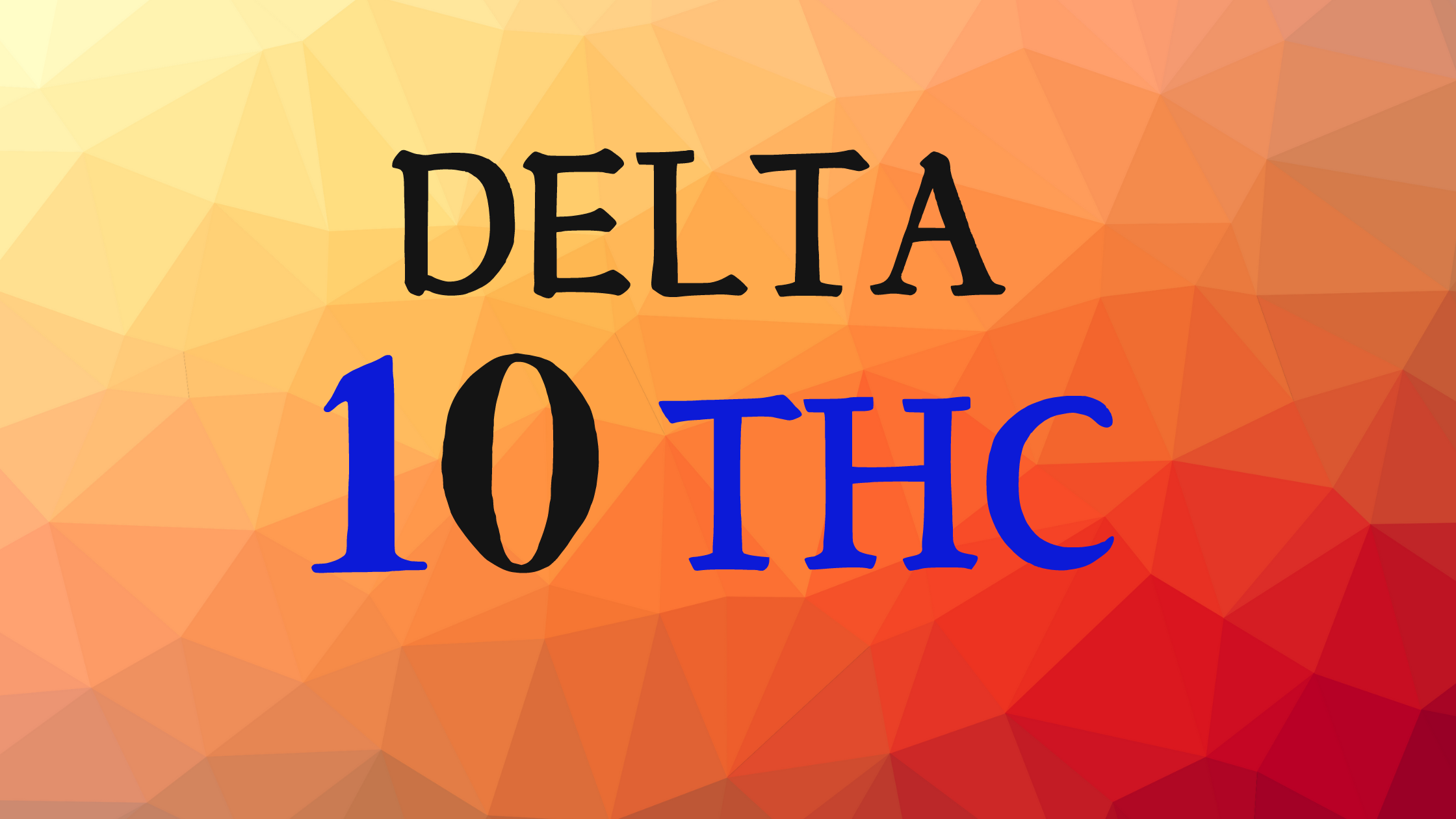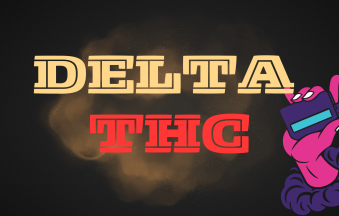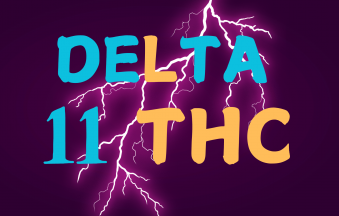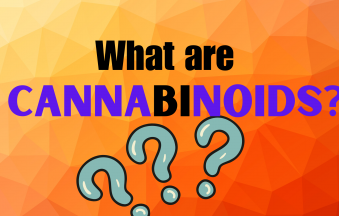Exploring the Benefits and Differences
Cannabis contains over 100 different cannabinoids, with THC and CBD being the most well-known and researched. While both THC and CBD interact with the body’s endocannabinoid system, they have different effects and potential health benefits. In this guide, we’ll explore the differences between THC and CBD and what makes them unique.
What is THC?
THC, or tetrahydrocannabinol, is the primary psychoactive cannabinoid in cannabis, meaning it is responsible for producing the “high” associated with marijuana use. THC interacts with the CB1 receptors in the brain and central nervous system, producing a range of effects, including euphoria, relaxation, and altered perception. THC is typically consumed by smoking or vaping cannabis flower, although it can also be found in edibles, tinctures, and other products.
What are the potential benefits of THC?
Research has shown that THC may offer several potential health benefits, including:
- Pain relief: THC has been shown to have analgesic properties and may help reduce pain and inflammation.
- Nausea and vomiting relief: THC may help reduce nausea and vomiting, making it a potentially useful treatment for conditions like chemotherapy-induced nausea.
- Appetite stimulation: THC can help stimulate appetite, making it a potential treatment for conditions like cachexia or anorexia.
- Glaucoma treatment: THC has been shown to reduce intraocular pressure, making it a potential treatment for glaucoma.
What is CBD?
CBD, or cannabidiol, is a non-psychoactive cannabinoid found in cannabis. Unlike THC, CBD does not produce a “high” or alter perception, making it a more appealing option for those who want to enjoy the potential health benefits of cannabis without the psychoactive effects. CBD interacts with the body’s endocannabinoid system in a different way than THC, primarily interacting with the CB2 receptors in the immune system and peripheral nervous system. CBD is commonly found in a variety of products, including oils, tinctures, edibles, and topicals.
What are the potential benefits of CBD?
Research has shown that CBD may offer several potential health benefits, including:
- Anxiety relief: CBD has been shown to have anxiolytic properties and may help reduce anxiety and stress.
- Pain relief: CBD has been shown to have analgesic properties and may help reduce pain and inflammation.
- Epilepsy treatment: CBD has been approved by the FDA for the treatment of certain forms of epilepsy.
- Acne treatment: CBD has been shown to have anti-inflammatory properties and may help reduce acne.
What are the differences between THC and CBD?
While THC and CBD have some similarities, they have some key differences as well. Some of the most notable differences include:
- Psychoactive effects: THC produces a “high” and alters perception, while CBD does not.
- Legal status: THC is illegal under federal law, while CBD is legal as long as it is derived from hemp and contains less than 0.3% THC.
- Potential side effects: THC may cause side effects like dry mouth, red eyes, and impaired cognitive function, while CBD is generally considered safe and well-tolerated.
In conclusion, THC and CBD are two of the most well-known cannabinoids found in cannabis, each with their own unique properties and potential health benefits. While THC is primarily used for its psychoactive effects, CBD is more commonly used for its potential therapeutic benefits. As always, be sure to consult with a healthcare professional before using any cannabis products.











Add comment